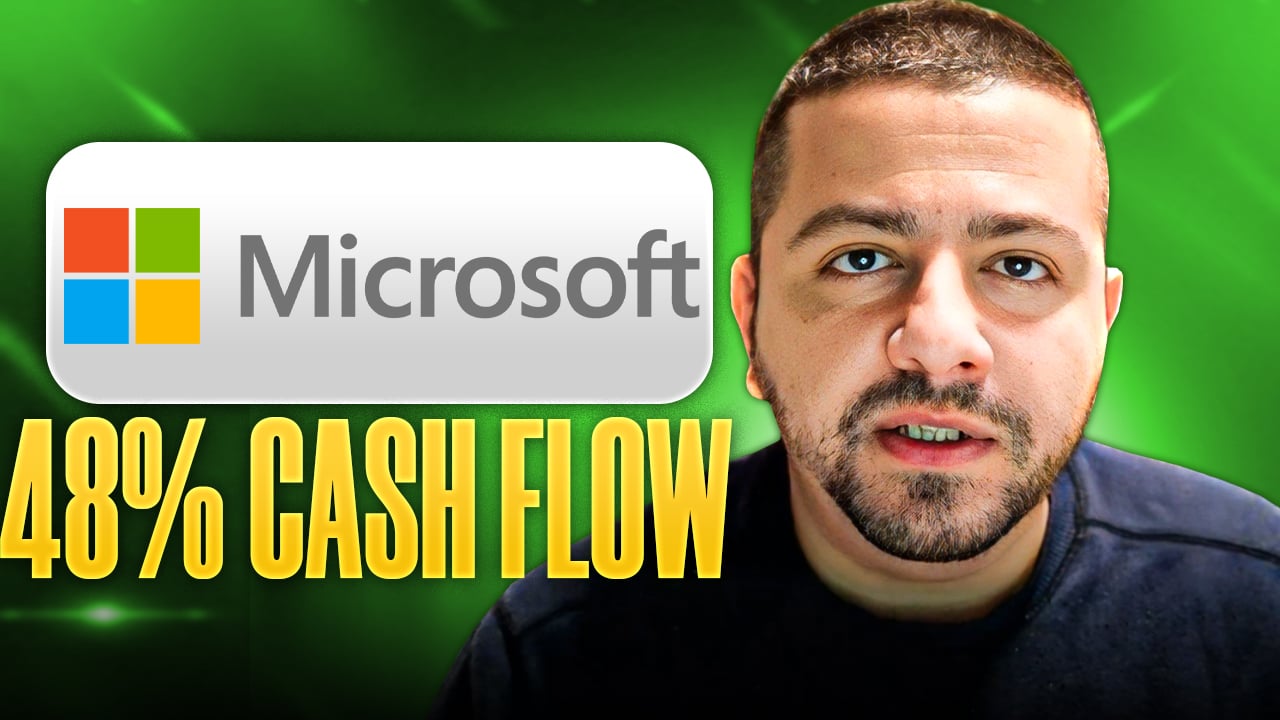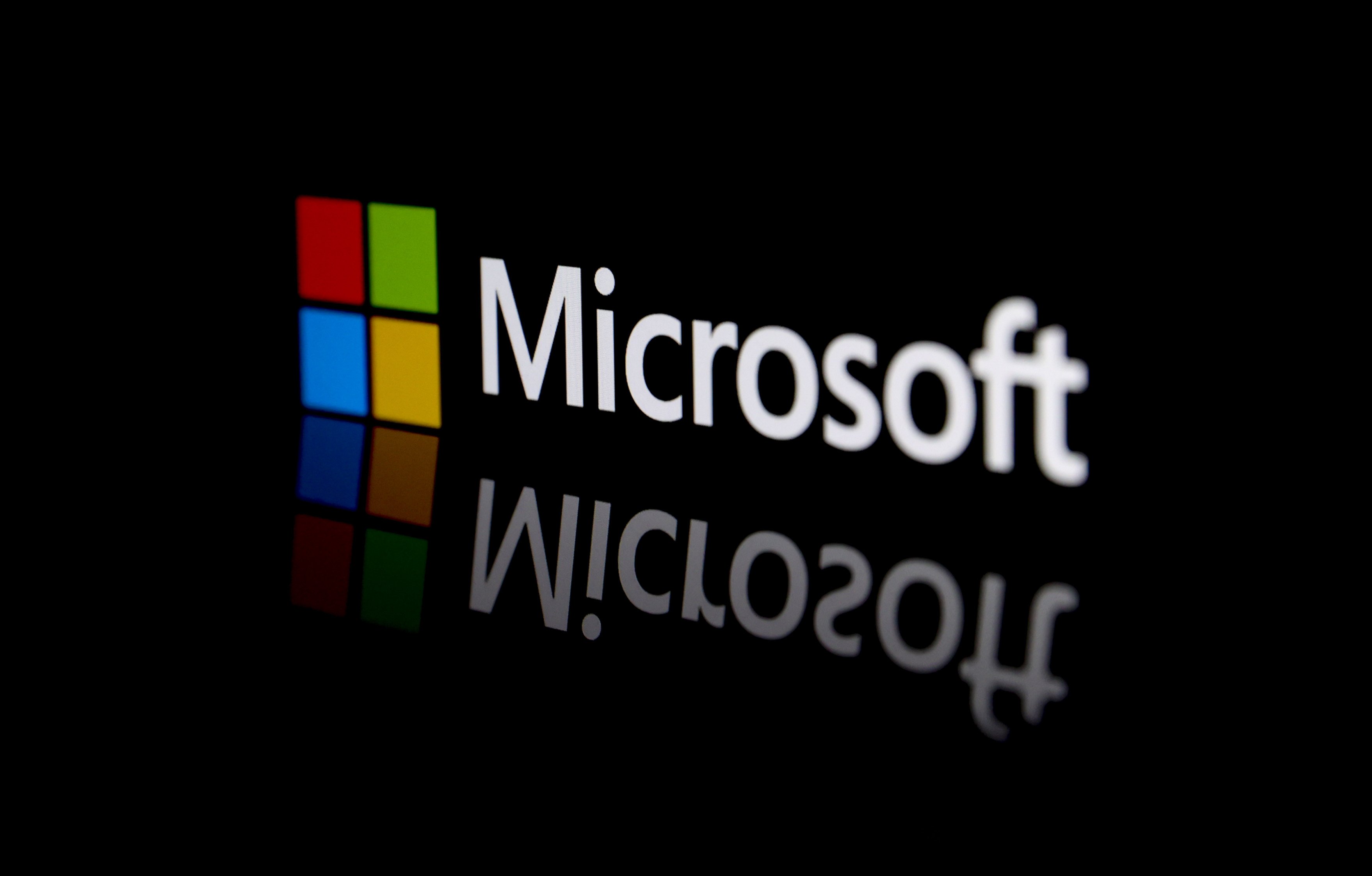When research firm IDC put out its latest numbers on global tablet sales, it noted that "[o]ne in every two tablets shipped this quarter was below 8 inches in screen size." The firm believes that the shift to smaller devices will accelerate, making it little surprise that, according to The Wall Street Journal, Microsoft (MSFT 1.02%) is developing a 7-inch Surface tablet to be released sometime this year. IDC expects Google's (GOOG 1.00%) Android operating system to snatch the top market share position from Apple's (AAPL +0.04%) iOS. At this size, Microsoft is competing with the Google Nexus 7, the iPad Mini, and Amazon.com's (AMZN 1.80%) Kindle Fire HD. While this is stiff competition, getting in the fight is a critical step for Microsoft.
The tablet market
Not that there's any doubt as to how important the tablet market is, but the numbers are compelling. IDC raised its forecast for worldwide tablet shipments from 172.4 million units in 2013 to 190.9 million and expects that by 2017, 350 million units will be shipping each year. Apple and Google may rule the sandbox, but it's a big enough sandbox that carving out even a small corner can mean real and meaningful revenue for Microsoft. IDC expects that Microsoft, between its Windows OS and RT OS, account for a combined 10.1% by 2017. These projections don't include a smaller Surface, so the addition could prove to be meaningful.
Shifting markets
Earlier this week, IDC reported a 14% drop in PC sales for the most recent quarter, mirrored by an 11% drop reported by research firm Gartner. Microsoft is not a PC-maker per se, but falling numbers in this arena are a real blow to sales of Windows. This will be a critical number to watch this week as the company reports earnings on Thursday. As PC sales continue to slide, Microsoft's involvement in other areas continues to be of greater and greater importance.
What does a smaller Surface mean to the market?
Many will argue that the announcement of a smaller Surface tablet is a non-event because even the bigger Surface RT and Surface Pro have done little to disrupt the market. While this position is not without some merit, it misses the bigger picture of what I believe Microsoft is trying to achieve. As things currently stand, Apple makes the premium tablets on the market and uses this cachet to maintain its market share. Google makes the low-cost tablets on the market, using this appeal to drive its market share similarly to what it has achieved in smartphones.
Microsoft is not only trying to get its foot in the door but is also looking to change the very nature of the tablet market. Windows 8 has been widely criticized as being clunky and counterintuitive on a PC, even with a touchscreen. These reviews seem to assume that Microsoft is oblivious to this reality and failed to conduct any market research before launching the new product. I give the company that has controlled the software market for decades more credit. The only reason Microsoft would have moved forward with Windows 8 is if it has longer-term plans, like a paradigm shift in tablets.
Early versions of the Surface don't need to be perfect; they need to exist. They need to give the company a chance to perfect Windows in a new form factor and give it a chance to allow Microsoft to transform the tablet from the fun toys that Amazon and Apple sell, to business machines that Microsoft is known to support. Understanding the barrage of "Fortune 500 companies use iPads" that is coming, I believe Microsoft is aiming at this market in a quiet and astute way that warrants keeping the stock in your portfolio.






